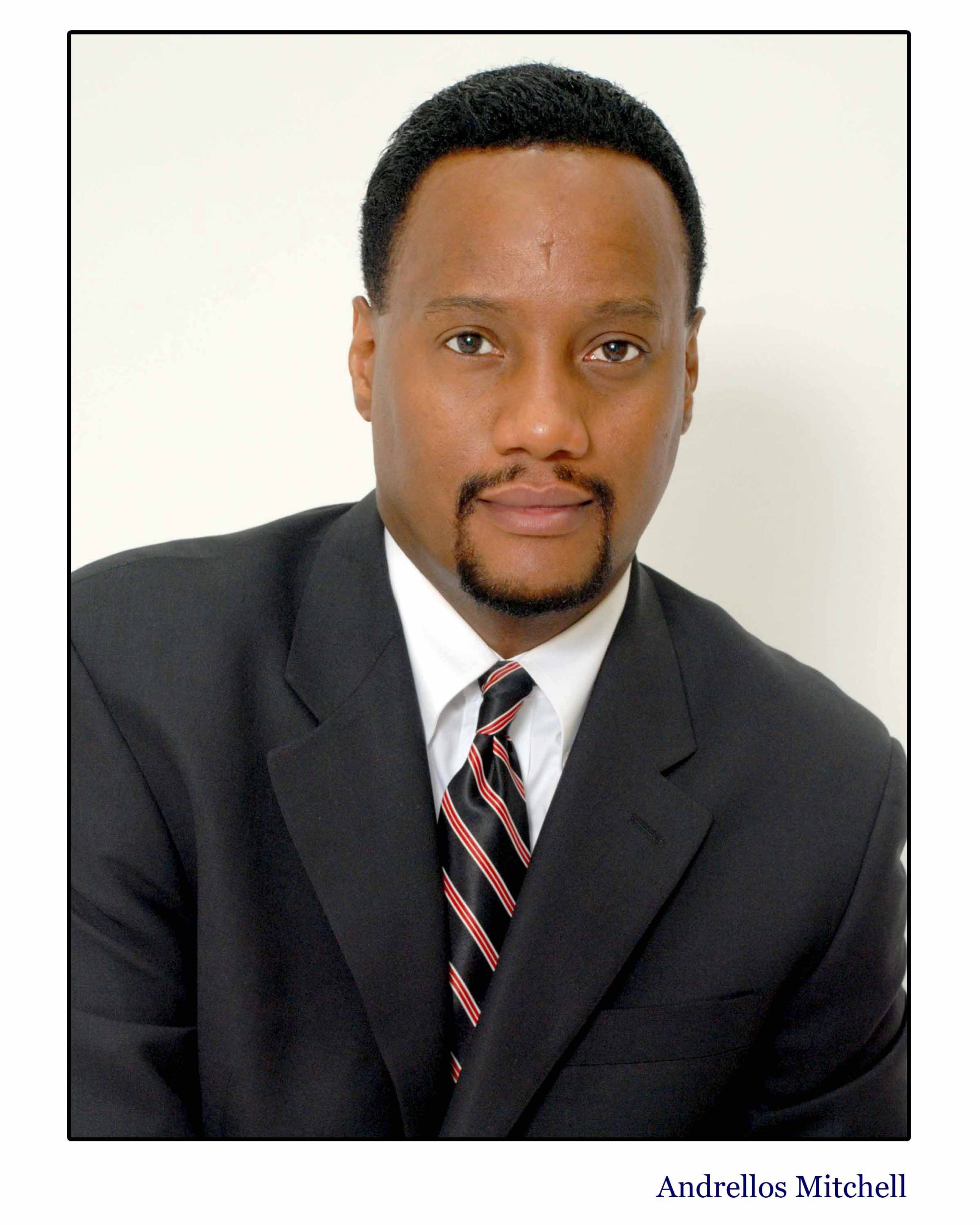The fraud case against Letitia James will come down to one question: Intent
New York Attorney General Letitia James now finds herself on the other side of the law she once enforced. A federal grand jury in the Eastern District of Virginia indicted her on one count of bank fraud and one count of making false statements to a financial institution, alleging she misrepresented a Norfolk property as a secondary residence to secure more favorable mortgage terms that would not have been available for an investment property. Prosecutors say the misrepresentation saved her roughly $18,900 over the life of the loan.
https://www.justice.gov/usao-edva/pr/new-york-state-attorney-general-indicted
On October 25, 2025, James was arraigned in federal court in Norfolk and pleaded not guilty to all charges. She was released pending trial under standard conditions. Subsequent coverage confirmed that the court set a federal trial schedule, showing that the government intends to move forward.
https://www.newsweek.com/letitia-james-trial-date-charges-arrested-donald-trump-10934677
Some of James’s defenders have already dismissed the prosecution as political retribution or too trivial to justify federal attention. But that misunderstands how fraud law works. Fraud is not defined by the dollar amount involved — it is defined by intent. If a borrower knowingly makes a false claim to secure better loan terms, even a relatively small benefit can constitute material fraud.
From my own experience examining civil fraud and through research into federal enforcement patterns, I’ve seen that prosecutors often focus less on the value of the benefit obtained than on the motive and the misrepresentation itself. While it’s true that it is unusual to see mortgage-fraud charges below $20,000 in alleged benefit, it is not unprecedented. Federal prosecutors brought PPP-loan cases involving even smaller sums.
The consistent principle is that fraud is fraud when the intent to deceive is present.
In legal terms, this case centers on fraud in the inducement. There’s an important distinction here. Fraud in the factum occurs when someone is deceived into signing a document without knowing its true nature or contents — for example, being told you’re signing a birthday card when, in fact, you’re signing a deed. Fraud in the inducement occurs when all parties understand the document they are signing, but one party lies about a material fact in order to obtain consent. If James knowingly represented to the bank that she would occupy the property — while instead intending to rent it — that would qualify as inducement fraud.
Supporters who argue that “it’s only $19,000” are missing the legal point. Mortgage lenders price loans based on occupancy status because primary residences present different risk profiles than rental properties. A misrepresentation that lowers the risk profile is material because it affects the financial terms offered. In this context, the question is not whether the savings were substantial, but whether the statement was knowingly false.
The political debate has shifted instead to the prosecutor handling the case: Lindsey Halligan, the Acting U.S. Attorney for the Eastern District of Virginia and a former member of Donald Trump’s legal team. Critics have called her politically motivated and unqualified. Those arguments are unlikely to gain traction in court. Prior to her involvement in political litigation, Halligan practiced insurance law — a field that requires deep familiarity with fraud analysis and contractual intent. Whatever one thinks of her political history, she successfully secured a federal indictment against a sitting state attorney general, which is not an ordinary outcome.
However, Halligan’s appointment may become central to James’s defense. Some legal analysts argue that Halligan lacks Senate confirmation and therefore may lack authority under the Appointments Clause. This is similar to arguments raised against Special Counsel Jack Smith in the Trump documents case, where a court rejected the challenge. But the issue remains contested in various jurisdictions. If James challenges Halligan’s appointment, she may invoke the same structural constitutional argument used — ironically — by Trump’s defense. If that argument prevails, the case could be dismissed not on the facts, but on a separation-of-powers question.
James’s legal team is expected to pursue three primary strategies: arguing selective prosecution, disputing intent, and challenging the prosecutor’s authority. The first is difficult to prove. The second will be central. The third could reshape the case entirely depending on how courts apply the Appointments Clause in this context.
For all the political heat surrounding the case, the venue matters. This is not a state court. This is the Eastern District of Virginia — one of the most experienced and efficient federal jurisdictions in the country. It is not ideologically extreme, and its grand juries are not rubber stamps. They found probable cause that a crime was committed. That does not prove guilt. But it does mean the evidence was not outlandish or speculative.
When then-former President Donald Trump faced federal prosecution, James said: “No one is above the law.” That standard now applies to her. The principle is not partisan. James remains innocent unless the government proves she knowingly lied to secure more favorable mortgage terms. If prosecutors cannot prove intent, she should be acquitted. If they can, the law requires accountability. And if her defense succeeds on the same Appointments Clause theory that protected Trump in other litigation, that too would be a legitimate outcome — the rule of law functioning consistently, rather than selectively.
The rule of law has no party, no personality, and no exception for prominence. The only question here — the one that matters in every fraud case — is whether the truth was deliberately bent to gain an advantage. If it was, the consequences follow. If it was not, they do not.
Editor Reference Links (5)
- DOJ/EDVA: https://www.justice.gov/usao-edva/pr/new-york-state-attorney-general-indicted
- ABC News: https://abcnews.go.com/US/new-york-ag-letitia-james-pleads-not-guilty-mortgage-fraud-case/story?id=126813113
- Newsweek (trial date): https://www.newsweek.com/letitia-james-trial-date-charges-arrested-donald-trump-10934677
- Cardinal News (Appointments Clause issue): https://cardinalnews.org/2025/09/26/kaine-says-trumps-appointment-of-interim-u-s-attorney-in-eastern-district-of-virginia-may-not-be-legal/
- Reuters (Halligan / EDVA): https://www.reuters.com/world/us/ex-trump-attorney-heads-prosecutors-office-pursuing-case-against-ny-ag-letitia-james-2025-09-20/

Andrellos Mitchell is a multifaceted individual with an impressive array of roles and accomplishments. Although he was raised in Washington, D.C. and Maryland, Mr. Mitchell proudly hails from Louisiana. His educational background includes degrees in Social Work, Education, and Law.
He is a practicing Washington, D.C. attorney at a general law practice that focuses on complex civil litigation such as fraud. Furthermore, Mr. Mitchell is a former Fraud Examiner for the District of Columbia Department of Insurance, Securities & Banking (DISB). He handles federal cases in Maryland and before federal government agencies across the United States. He is also a former D.C. and Maryland social worker. His social work experience includes mental health, alcohol and drug abuse, and family issues. Mitchell is a lifelong Independent voter. He is also a freelance writer and journalist. He provides commentary, analysis, and opinion for various media outlets. He is a staunch advocate for Freedom of Speech, the Second Amendment, and other constitutional law issues. Contact him at [email protected] or 202-848-9324.


There is another fraud case in New York that she will be indicted for where it is alleged Letitica James defrauded the government for an even larger amount.